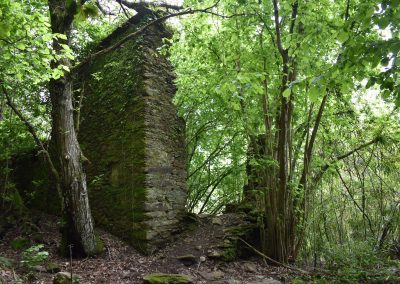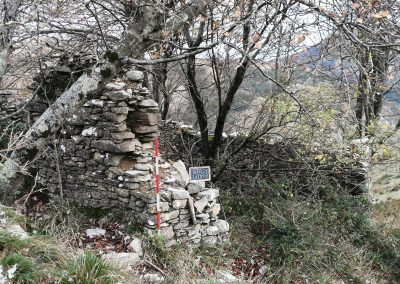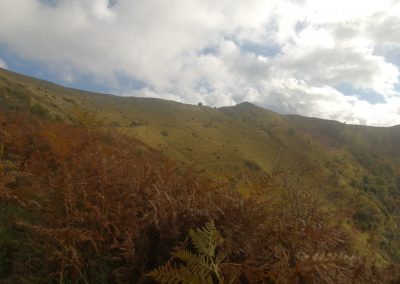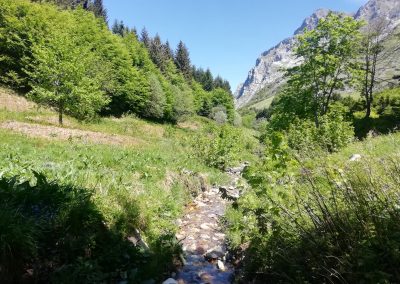Forsaken Ecologies. Enviromental archaeology and conservation of cultural landscapes in the Apuo-Versilian mountain
The Apuan mountains, and in particular the Versilian side, is a territory marked by progressive abandonments that have caused a strong environmental impact, with the loss of biodiversity and an increase in slopes instability. For this type of environments, characterized by a high vulnerability, the IPCC reports envisage scenarios in which extreme climatic events will induce severe erosion and hydrogeological instability, causing the loss of landmarks in the cultural landscape.
The combined analysis of the material traces of human activities, the situated knowledge of local communities and the palaeoenvironmental evolutions of the territory, constitutes a powerful resource for the promotion of management policies for mountain areas.
The work follows a protocol that integrates (through qualitative and quantitative methods) archaeology, palaeoecology, ethnography and participatory approaches, in order to map environmental transformations, the tangible products of human action and the set of intangible practices aimed at maintaining the cultural landscape. The surveys carried out aim to record the trace of human activities as well as the dynamics of repopulation and ‘resurgence’ of plant species. The sampling of botanical macro-rests and sediments is carried out using a hand-held core drill, which allows the mapping of archaeological evidence to be associated with a systematic gathering of environmental data. The ‘resurgences’ project is part of this research, encouraging students to explore multi-species responses to the abandonment of mountain slopes.
The collection of archaeological and anthropological data supports a reflection on the concept of abandonment, thus helping to reinforce the pact between land and memory through the construction of a shared conscience for the care of mountain areas in times of climate crisis, constituting a repeatable model applicable to other contexts.
The work follows a protocol that integrates (through qualitative and quantitative methods) archaeology, palaeoecology, ethnography and participatory approaches, in order to map environmental transformations, the tangible products of human action and the set of intangible practices aimed at maintaining the cultural landscape. The surveys carried out aim to record the trace of human activities as well as the dynamics of repopulation and ‘resurgence’ of plant species. The sampling of botanical macro-rests and sediments is carried out using a hand-held core drill, which allows the mapping of archaeological evidence to be associated with a systematic gathering of environmental data. The ‘resurgences’ project is part of this research, encouraging students to explore multi-species responses to the abandonment of mountain slopes.
The collection of archaeological and anthropological data supports a reflection on the concept of abandonment, thus helping to reinforce the pact between land and memory through the construction of a shared conscience for the care of mountain areas in times of climate crisis, constituting a repeatable model applicable to other contexts.
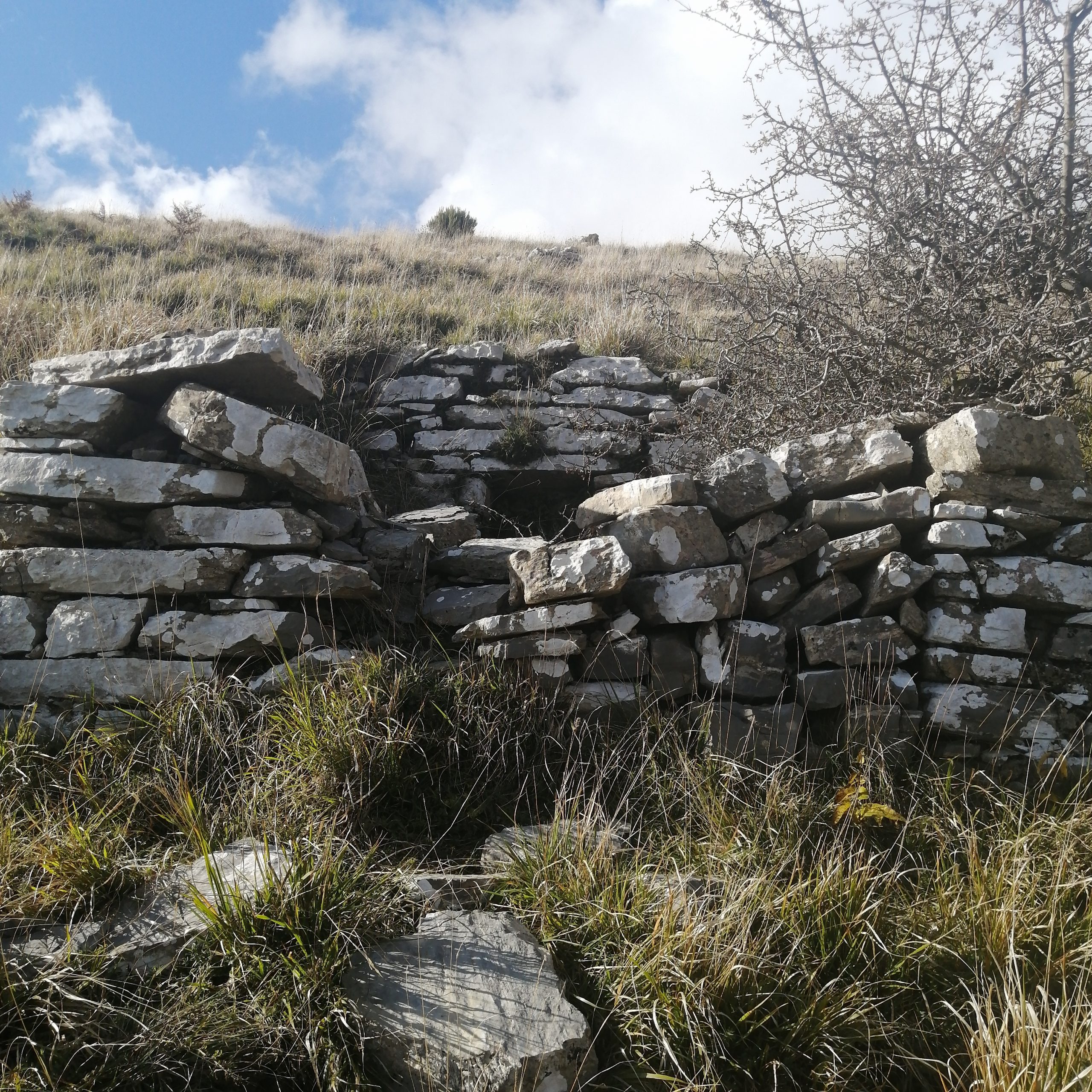
Principal Investigator:
Gabriele Gattiglia gabriele.gattiglia@unipi.it
Team:
Claudia Sciuto claudia.sciuto@unipi.it
Francesca Anichini francesca.anichini@unipi.it
Funding: REACT EU – Programma Operativo Nazionale Ricerca e Innovazione 2014-2020

